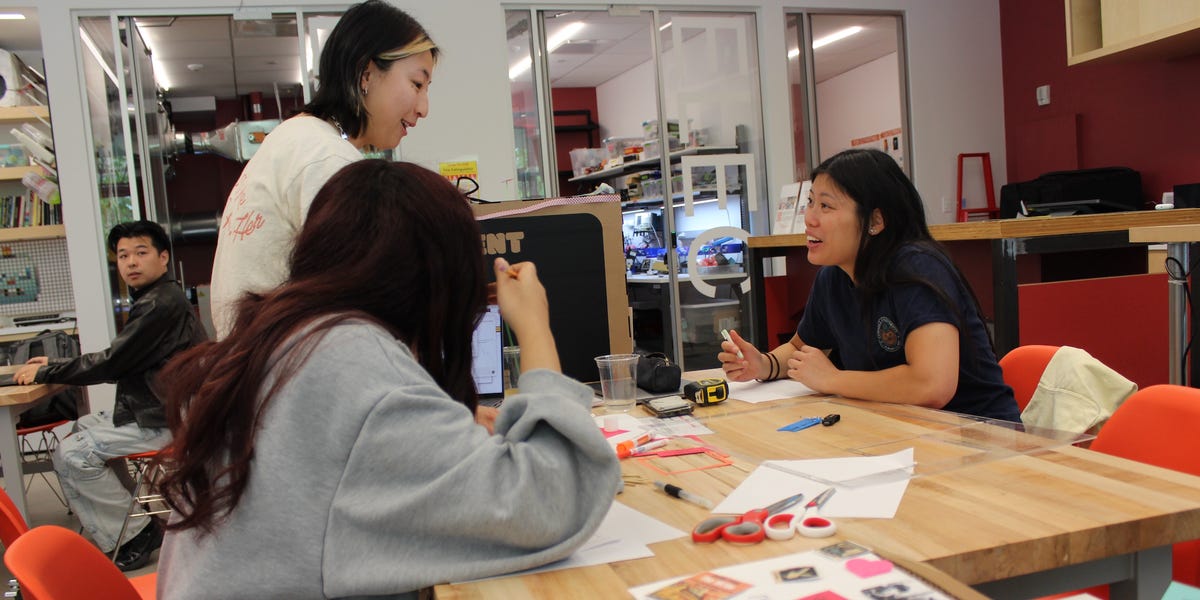Innovation Under Siege: Cornell Entrepreneurs Brace for Potential Trump-Era Funding Cuts

Cornell Tech's Innovation Hub: A Beacon of Entrepreneurial Hope
In the heart of New York City's tech landscape, Cornell Tech has unveiled its cutting-edge MakerLAB, a dynamic space designed to nurture student innovation and startup potential. Despite looming uncertainties surrounding research funding, the new facility stands as a testament to the institution's commitment to fostering entrepreneurial spirit.
The MakerLAB emerges as a transformative environment where aspiring entrepreneurs and tech innovators can turn their boldest ideas into reality. Equipped with state-of-the-art technology and collaborative workspaces, the lab provides students with the resources and support needed to develop groundbreaking projects and launch promising startups.
While concerns about potential research funding cuts have created an undercurrent of anxiety among students and faculty, the MakerLAB represents a beacon of hope and resilience. It symbolizes Cornell Tech's unwavering dedication to supporting emerging talent and driving technological innovation, regardless of external challenges.
Students now have an unprecedented opportunity to prototype, experiment, and bring their entrepreneurial visions to life, transforming conceptual ideas into tangible solutions that could reshape industries and create meaningful impact.
